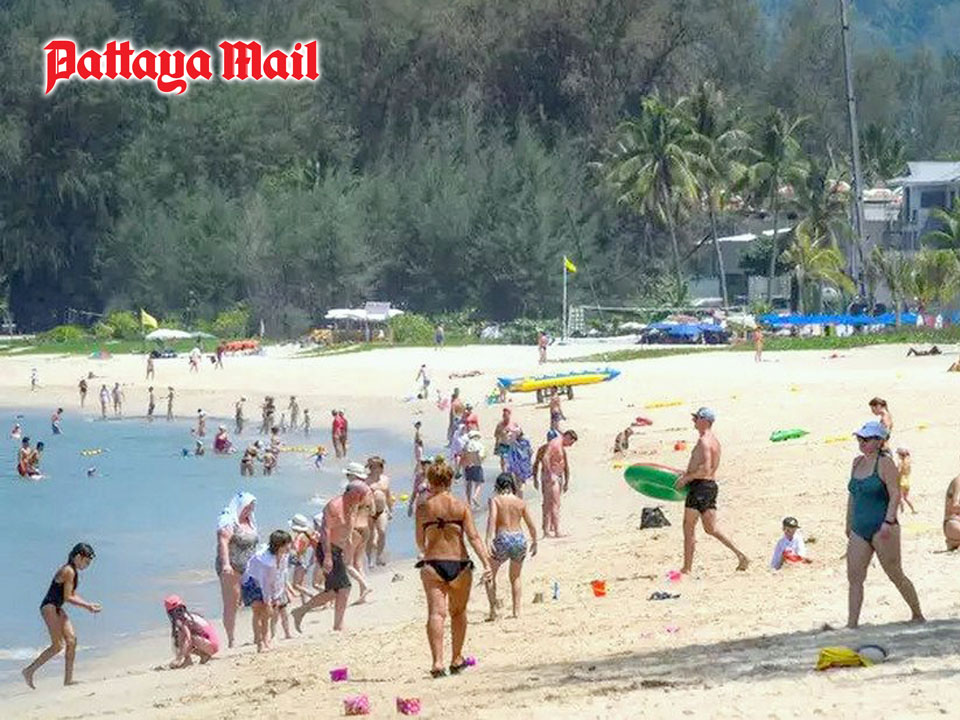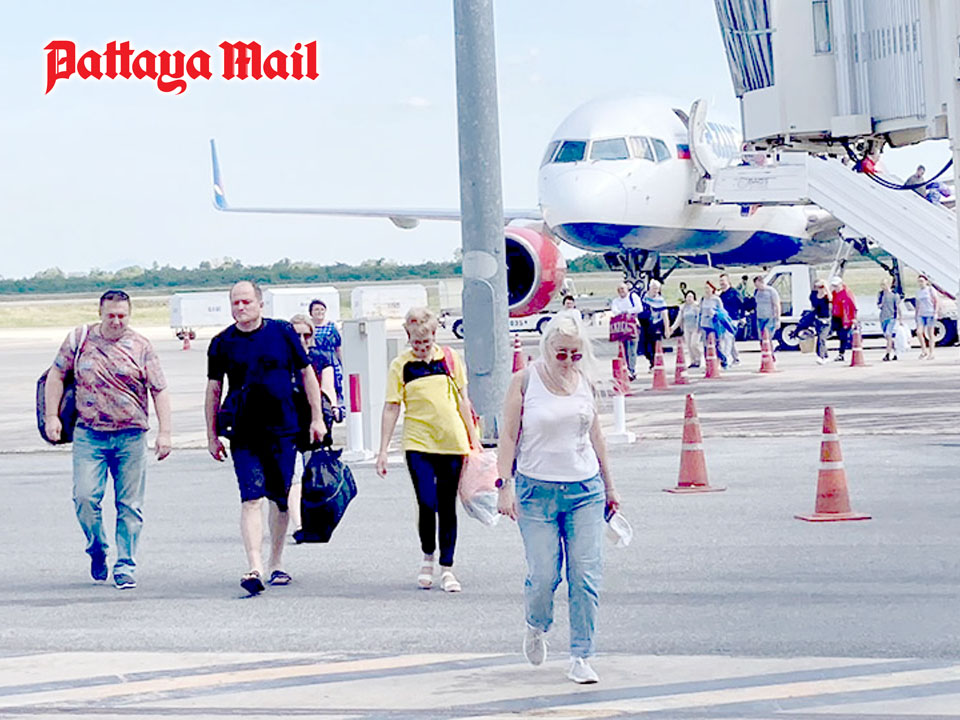
After an earlier stampede into Pattaya by Russian tourists and longstayers, the volume of Russian arrivals in the resort city has slumped dramatically. During February, March and April, around 6,000 Russians descended on Pattaya, mostly via the neighboring U-tapao airport near Rayong. But the provincial airhub is no longer receiving direct flights from Moscow or provincial cities such as Vladivostok and Yekaterinburg, a body-blow to the formerly booming vacation market in and near Siberia.
The Russian numbers to Pattaya are now reduced by at least 80 percent. Though there are once-daily flights from Moscow to Bangkok, most Russians now arriving in Pattaya transit via Dubai which flies daily to U-tapao. Moreover, some Russians are believed trapped in Thailand and unable to return home. The longstayers, some of whom are draft dodgers and their families, are experiencing problems with credit cards and Swift payments because of international sanctions.
The Bank of Thailand has been lobbied to approve the Mir online payments system, widely used in Russia, and to encourage the use of crypto currency. In neighboring Cambodia, for example, many businesses are now processing cryptocurrency transactions for a 3-5 percent surcharge. The Thai immigration authority is also being asked to allow Russians to extend their visa by more than two visits per year to a land border. Meanwhile, affluent Russian émigrés are applying for longstay visas whilst based in Thailand, particularly the 5-20 years Elite options.
U-tapao airport authorities have also reduced the daily flight schedule to and from Chinese cities, apparently because of falling demand from the holiday market in Xian and elsewhere. The reasons are believed to be the high cost of fuel, which has raised the price of zero-sum tours, and delays in issuing new and replacement passports within the Beijing bureaucracy. But Pattaya hoteliers report a likely boom in Chinese travel in the final quarter of the year.






